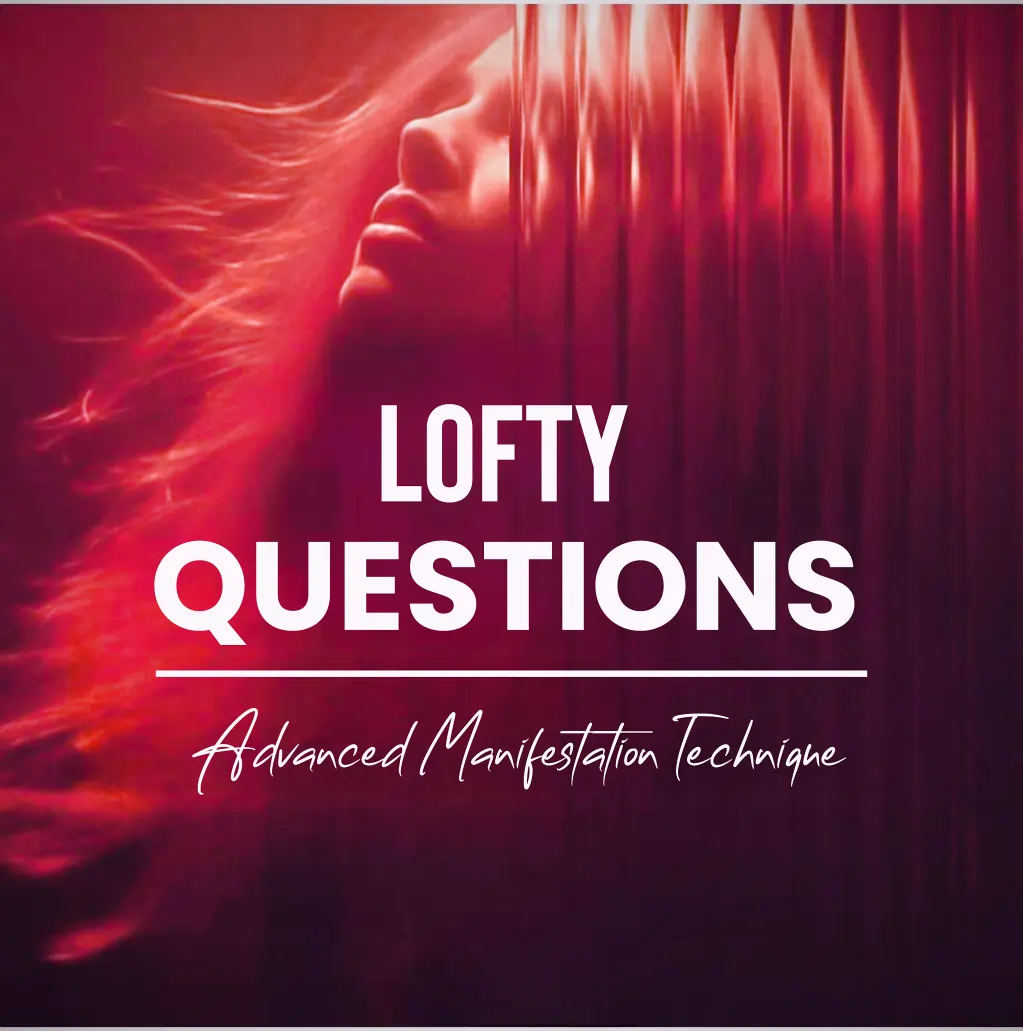10 Ways to Improve Your Relationship Through Mindfulness

In today’s busy world, it’s easy to let relationships slide. Between work, social media, and countless responsibilities, spending quality time with your partner can be tough. But mindfulness can help. It’s about being present and aware, which can strengthen your bond. Here are ten ways to use mindfulness to improve your relationship.
Practice Active Listening
Active listening means really paying attention when your partner talks. It’s easy to get distracted, especially with phones and TV around. When your partner is talking, put down what you’re doing and listen. Show you’re interested by nodding, maintaining eye contact, and sometimes repeating what they said. This shows that you care and helps you understand each other better.
Active listening also means not interrupting and not planning your response while they are still talking. Instead, try to understand their feelings and thoughts. This creates a space where your partner feels heard and valued, which is essential for a healthy relationship. It’s amazing how much stronger your connection can be when you both feel truly listened to.
Be Present in the Moment
Being present means focusing on what’s happening right now, rather than thinking about the past or future. When you’re with your partner, try to stay in the moment. This means putting away your phone and paying attention to them. Whether you’re having dinner or watching a movie, being fully there makes a big difference.
When you’re present, you notice more about your partner and your relationship. You see their smiles, hear their laughter, and feel their touch more deeply. This helps you appreciate the time you spend together, making your relationship stronger and more fulfilling.
Practice Gratitude
Gratitude is all about appreciating what you have. In a relationship, it means noticing and being thankful for the little things your partner does. Every day, think of something your partner did that you’re grateful for and tell them. It could be as simple as thanking them for making you a cup of coffee or supporting you through a tough day.
Sharing gratitude helps your partner feel appreciated and loved. It also makes you focus on the positive aspects of your relationship, rather than dwelling on the negatives. This positive mindset can improve your relationship, making both of you happier and more connected.

Mindful Touch
Touch is a powerful way to connect with your partner. Mindful touch means being fully aware of the sensations and emotions when you touch each other. When you hold hands, hug, or cuddle, focus on the warmth and comfort you feel. This awareness can deepen your intimacy and make your partner feel loved.
Even small touches like a pat on the back or a gentle squeeze can have a big impact. It’s not about the quantity but the quality of touch. Mindful touch shows your partner that you’re present and that you care, which strengthens your emotional bond.
Mindful Breathing Together
Breathing exercises can help you and your partner sync up and relax together. Find a quiet place, sit comfortably facing each other, and close your eyes. Focus on your breath and try to match your breathing patterns. Inhale and exhale in unison, feeling the connection grow with each breath.
This simple practice can be very grounding, especially during stressful times. It helps you both to calm down and feel more connected. Breathing together can create a sense of harmony and unity, making your relationship stronger and more resilient.
Communicate with Compassion
Mindful communication means speaking kindly and with compassion. Before you speak, take a moment to think about your words. Aim to express your thoughts and feelings in a way that’s respectful and non-judgmental. This can help reduce misunderstandings and conflicts.
When you communicate with compassion, you create a safe space for open and honest dialogue. Your partner feels understood and respected, which is crucial for a healthy relationship. This mindful approach to communication can strengthen your bond and help you navigate challenges together.
Mindful Eating
Eating together is a great time to practice mindfulness. Instead of eating in front of the TV or scrolling through your phone, focus on the food and each other. Notice the flavors, textures, and aromas of your meal. Engage in meaningful conversation, sharing your thoughts and experiences.
Mindful eating can make your meals more enjoyable and your time together more meaningful. It’s a simple way to connect and appreciate each other. By being present during meals, you can strengthen your relationship and create lasting memories.
Create Mindful Rituals
Rituals bring consistency and mindfulness to your relationship. It could be a morning walk, an evening meditation session, or a weekly date night. These rituals give you dedicated time to connect and enjoy each other’s company.
Mindful rituals help you slow down and appreciate your relationship. They provide a sense of stability and routine, which can be comforting. By making these rituals a regular part of your life, you can strengthen your bond and enjoy more quality time together.
Practice Self-Care Together
Self-care is important for both your well-being and your relationship. Find self-care activities you both enjoy, like yoga, meditation, or reading. Doing these activities together gives you time to relax and connect.
Supporting each other’s self-care routines can enhance your emotional connection. It shows that you care about your partner’s well-being and that you’re in this together. This mutual support can strengthen your relationship and make both of you happier.
Reflect and Set Intentions Together
Take time to reflect on your relationship regularly. Discuss what’s going well and areas where you can improve. Set intentions for the coming days or weeks, focusing on how you can support each other better.
This mindful reflection helps you stay aligned with each other’s needs and goals. It fosters continuous growth and understanding, making your relationship stronger. By setting intentions together, you can create a shared vision for your future and work towards it as a team.
FAQs
How can mindfulness improve communication in a relationship?
Mindfulness encourages active listening and compassionate communication. This helps reduce misunderstandings and creates a supportive environment where both partners feel heard and respected.
What are some simple mindfulness exercises couples can do together?
Couples can practice mindful breathing, mindful eating, and establish daily or weekly rituals like morning walks or evening meditation sessions. These exercises help enhance their connection and bring mindfulness into their relationship.
How does practicing gratitude benefit a relationship?
Expressing gratitude makes both partners feel valued and appreciated. It focuses on the positive aspects of the relationship, which can improve the overall happiness and connection between partners.
Can mindfulness help during arguments?
Yes, mindfulness can help during arguments by encouraging partners to stay present and communicate with compassion. This reduces the intensity and duration of conflicts, making it easier to resolve issues.
Why is mindful touch important in a relationship?
Mindful touch enhances intimacy and shows your partner that you’re present and care. Being fully aware of the sensations and emotions during touch strengthens the emotional connection between partners.
How can couples incorporate mindfulness into their daily routine?
Couples can incorporate mindfulness into their daily routine by practicing active listening, being present in the moment, expressing gratitude, and creating mindful rituals. These practices help strengthen their bond and improve their relationship.
Conclusion
Mindfulness can transform your relationship by fostering presence, compassion, and intentionality. These ten practices provide simple yet powerful ways to reconnect with your partner, enhance communication, and deepen your bond. By incorporating mindfulness into your daily life, you can create a resilient and loving partnership that thrives amidst the challenges of modern life.







